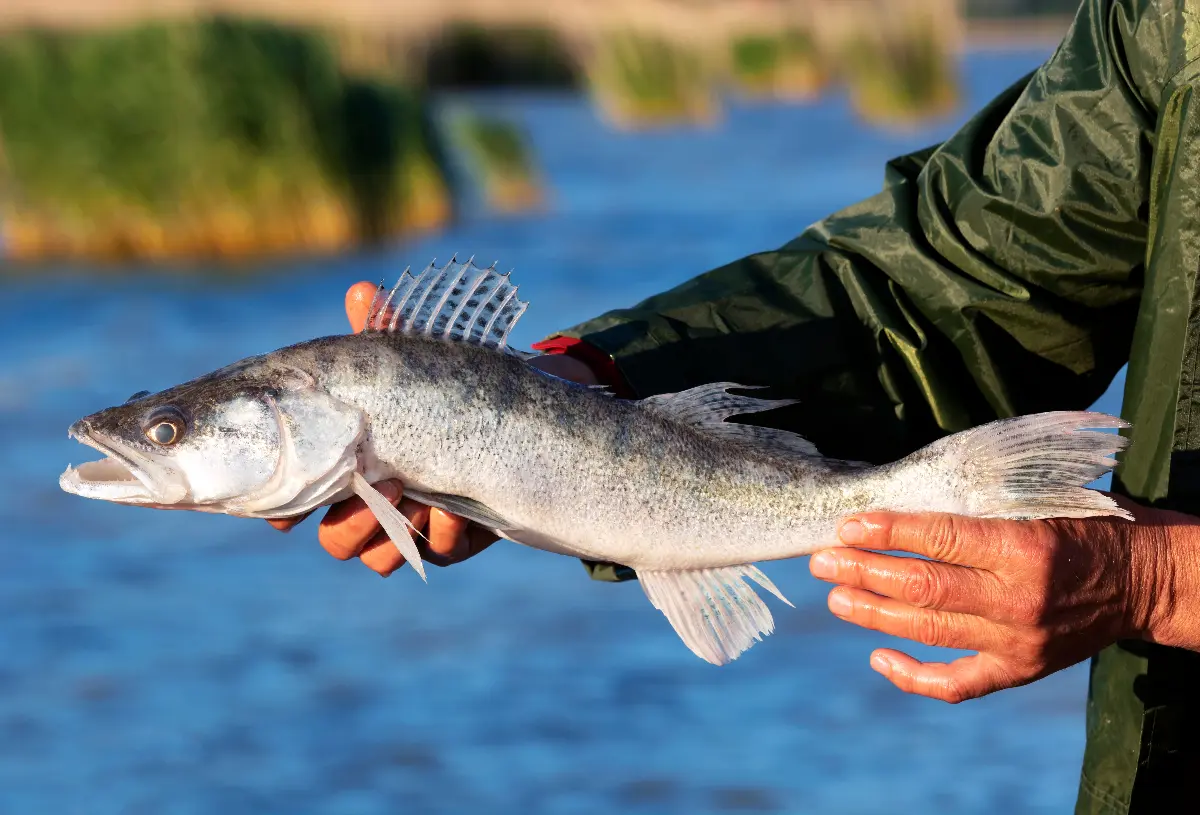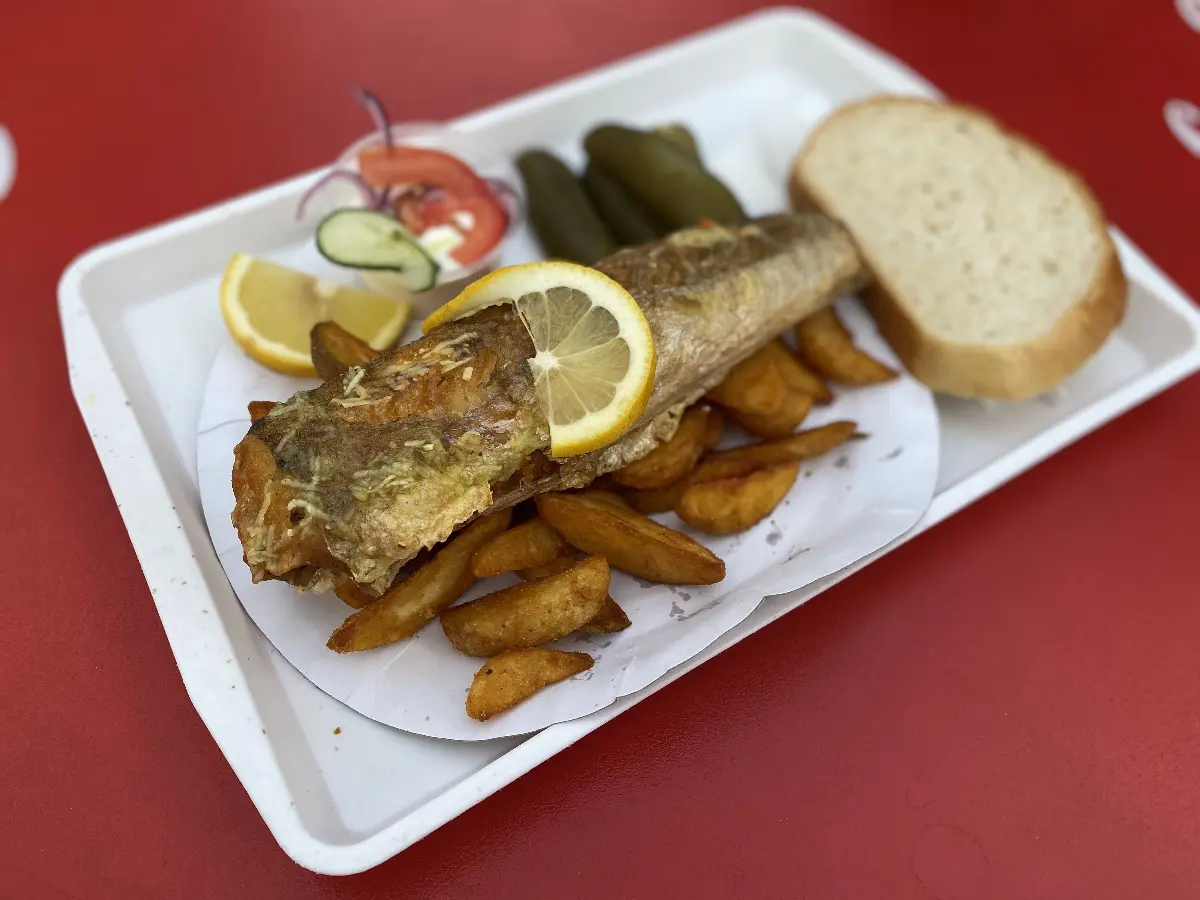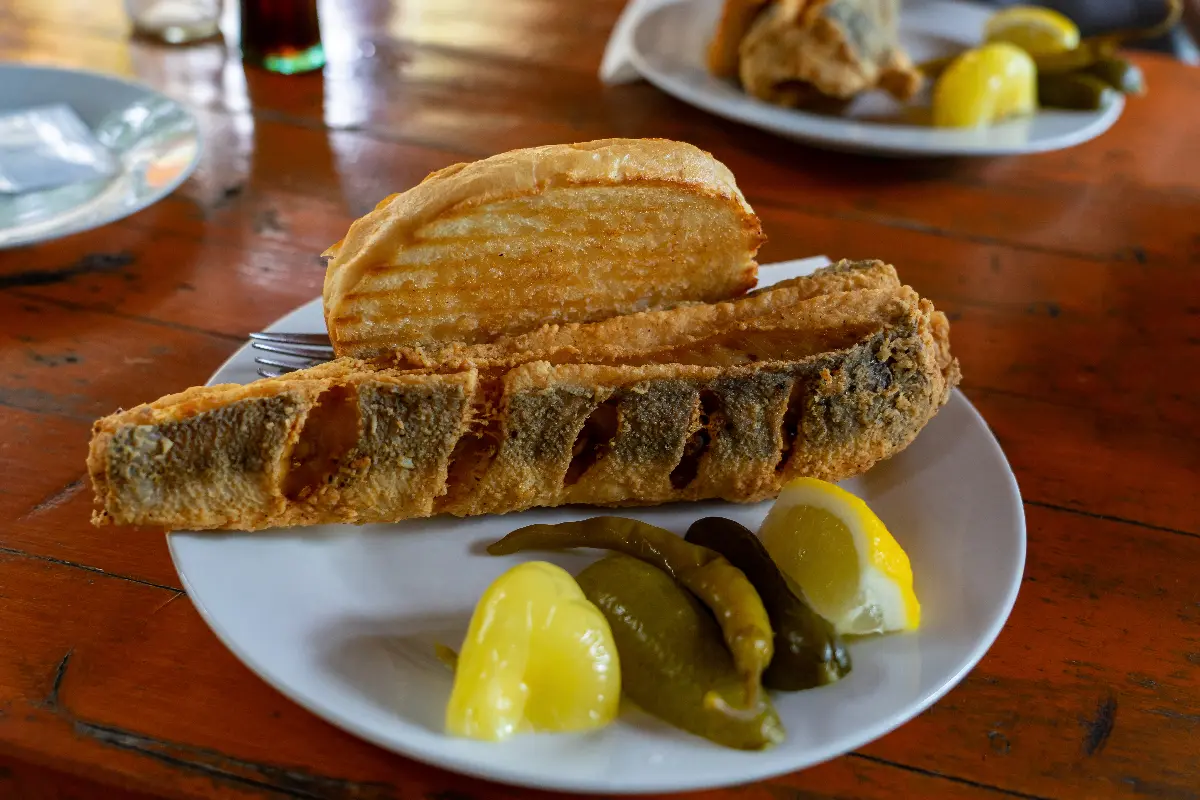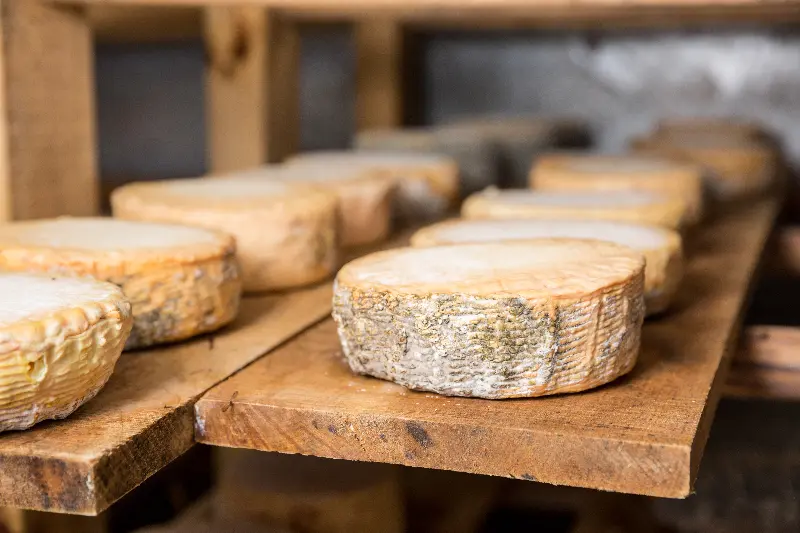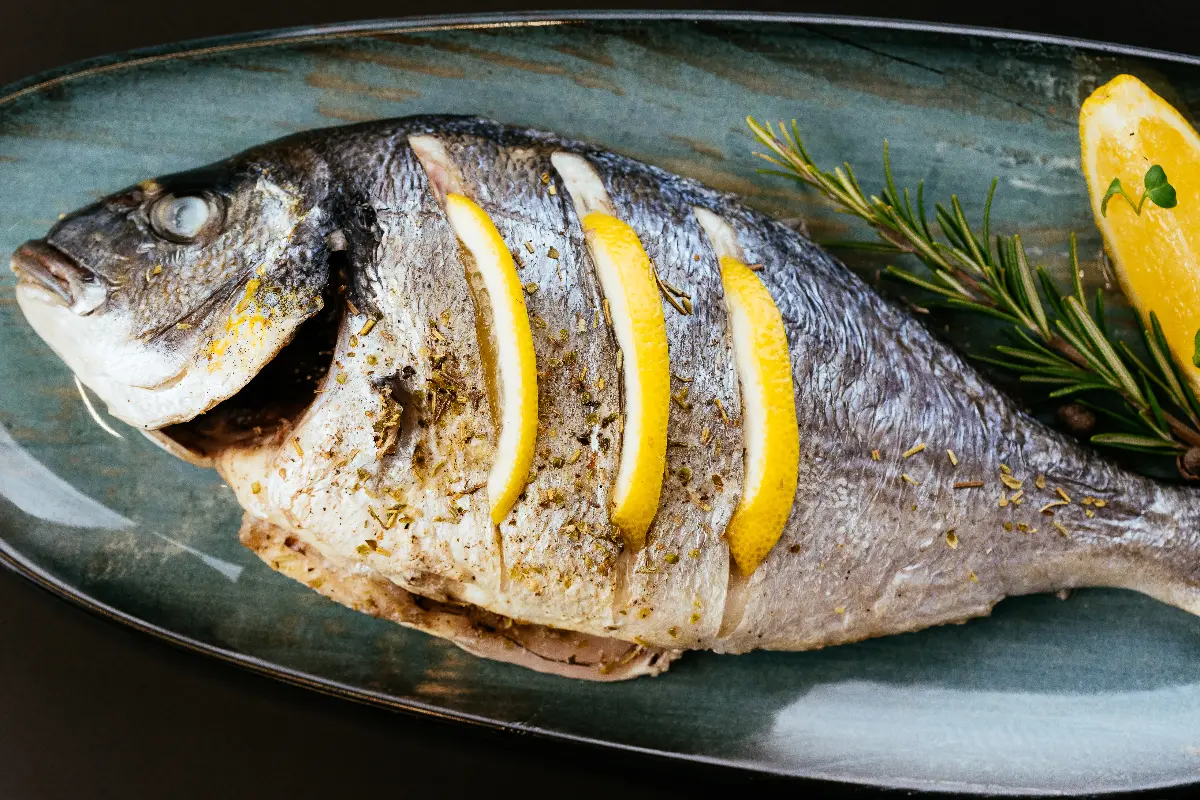
Helyszín címkék:
The legend of the headless fish
Szabó Sára
The hekk story of Lake Balaton is exactly the same as that our fathers used to tease us in our childhood: for example, when they got us to believe that if we ate a lot of carrots, we would be able to whistle. However, the hekk legend is not a myth, but a rock-hard reality, even if it is a little strange. And it is precisely because of its strangeness that most Hungarian children (and adults) believe that the main character of our article is delivered to the Fish bars by the paunchy elderly anglers from Lake Balaton. But how did a sea predator fish become an iconic Hungarian dish? Where does this mysterious fish arrive from to Hungary? How did it manage to push away such truly fish of Lake Balaton as the pike-perch or the carp? What has socialism got to do with all this? And finally: How to make it to be really phenomenal?
Let’s jump back to the school bench, the topic of today’s lesson is: Merluccius merluccius
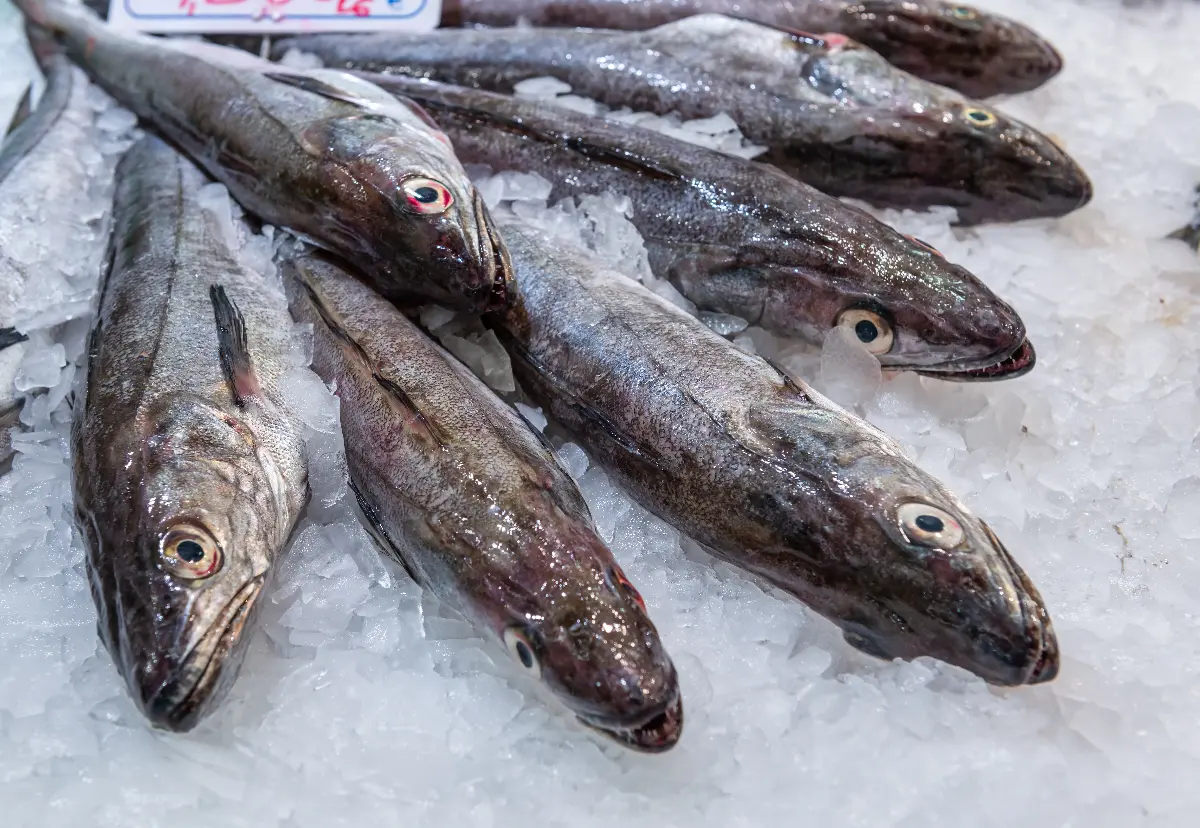
The hekk, its name is Merluccius merluccius in Latin, is actually a sea pike belonging to the cod family. It feeds on herring, so it is a bloodthirsty predator, as the structure of its face and its needle-sharp teeth reflect (but it is not the reason why it comes to us headlessly). If it is not caught precociously, a specimen can achieve 15 pounds and 1.5 meters each. An the beach it would be difficult to eat a fish of this size, so we rather get 30-40-inch fish trunks on our paper trays. Its appearance almost 70 years ago was presumably caused by the stock shortage of Hungarian freshwater fish. But there is no question of our lakes have run out of fish, indeed! The truth is that the tasty-finned creatures caught in Hungary were all produced for export. We were left without fish within the border, but we soon realized that we needed something in the Hungarian rumens as well. So the donkey fish, as the Hungarians called it at that time, off it left Argentina to swim across the market niche. The mission has become so successful that it is a permanent item on menu boards on the shores of Lake Balaton, until the Hungarian man almost forgot what a good bream is like.
The secret is that there is no secret, the hekk is great in its simplicity!
According to Lilla Farkas, the managing director of the Aszófői Halsütő, famous far and wide, the popularity of hekk is behind the simplicity of preparing it. It doesn’t require a lot of work, in addition its flesh is boneless, much less laborious to eat than, say, a carp or bream. The bream has much more fishbones, carp is often greasy, in addition these fishes need to be prepared in advance. The hekk is also a more attractive choice in terms of price, as their Hungarian counterparts are nobler fish, so we have to reach deeper into our pockets for them. In addition, the Argentine predator tastes different. Because it was bred in salt water, it doesn’t bring the bouquet of the lake from that so many people shrink away. Lilla Farkas says the hekk arrives almost prepared in advance, requires minimal peeling, and its head and tail are also cut off there in Argentina. There is a simple reason for the headlessness: why should the ends of the fish travel if they are cut off in the destination country anyway? “We make it traditionally: we salt the peeled, slit hekk and then fry it in paprika flour. Finally we sprinkle the hot fish with a special, home-made fish spice,” Lilla Farkas acquaints us with her duties. As she says, the hekk is the best in just in this way, the thick coat only takes away the specialty of the fish. In short: our fish is unbeatable in price, taste, size, and difficulty!
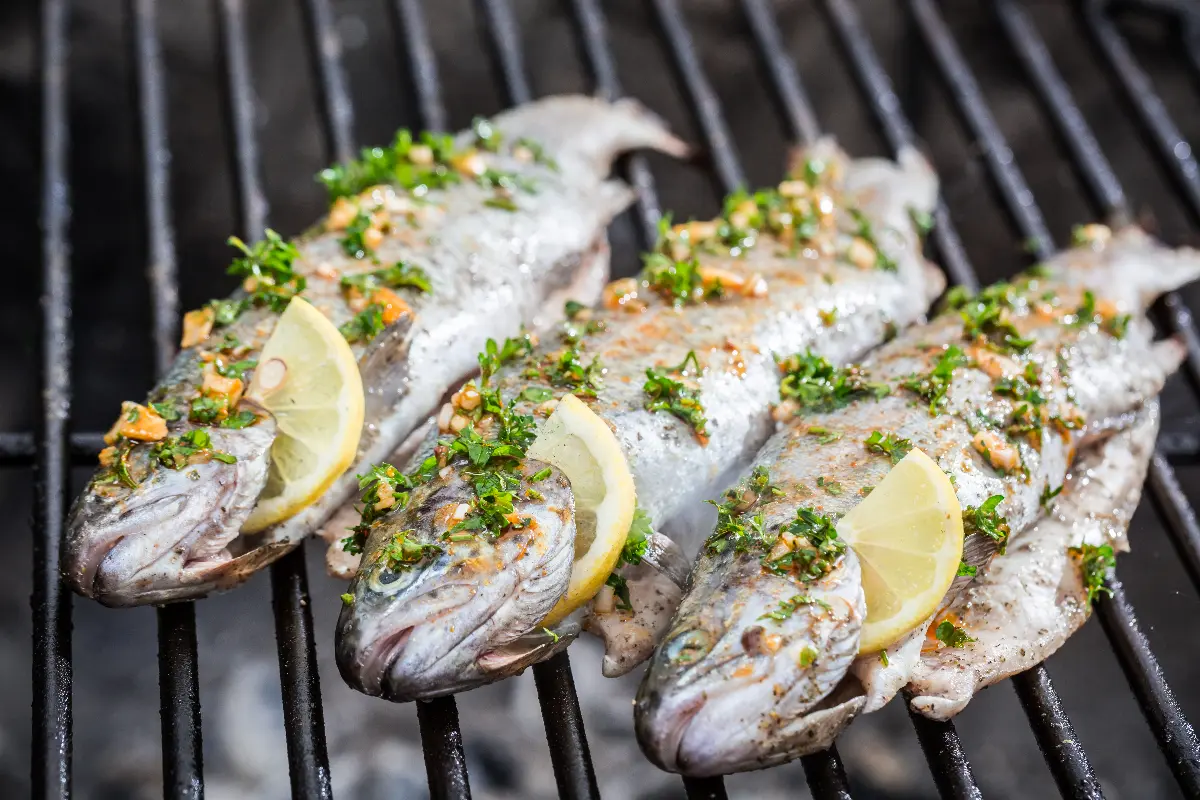
Do you wonder that poor Hungarian fin creatures are far behind it in popularity? According to the managing director of the fish bar in Aszófő the hekk is the prime fish, it makes up 60-70 percent of the daily consumption. However, we should not narrow down to one kind of fish, as the inhabitants of Hungarian waters are at least as delicate as their counterparts from Argentine. The point is that to throw back our habits and prejudices and eat as many and as many fish as possible.
